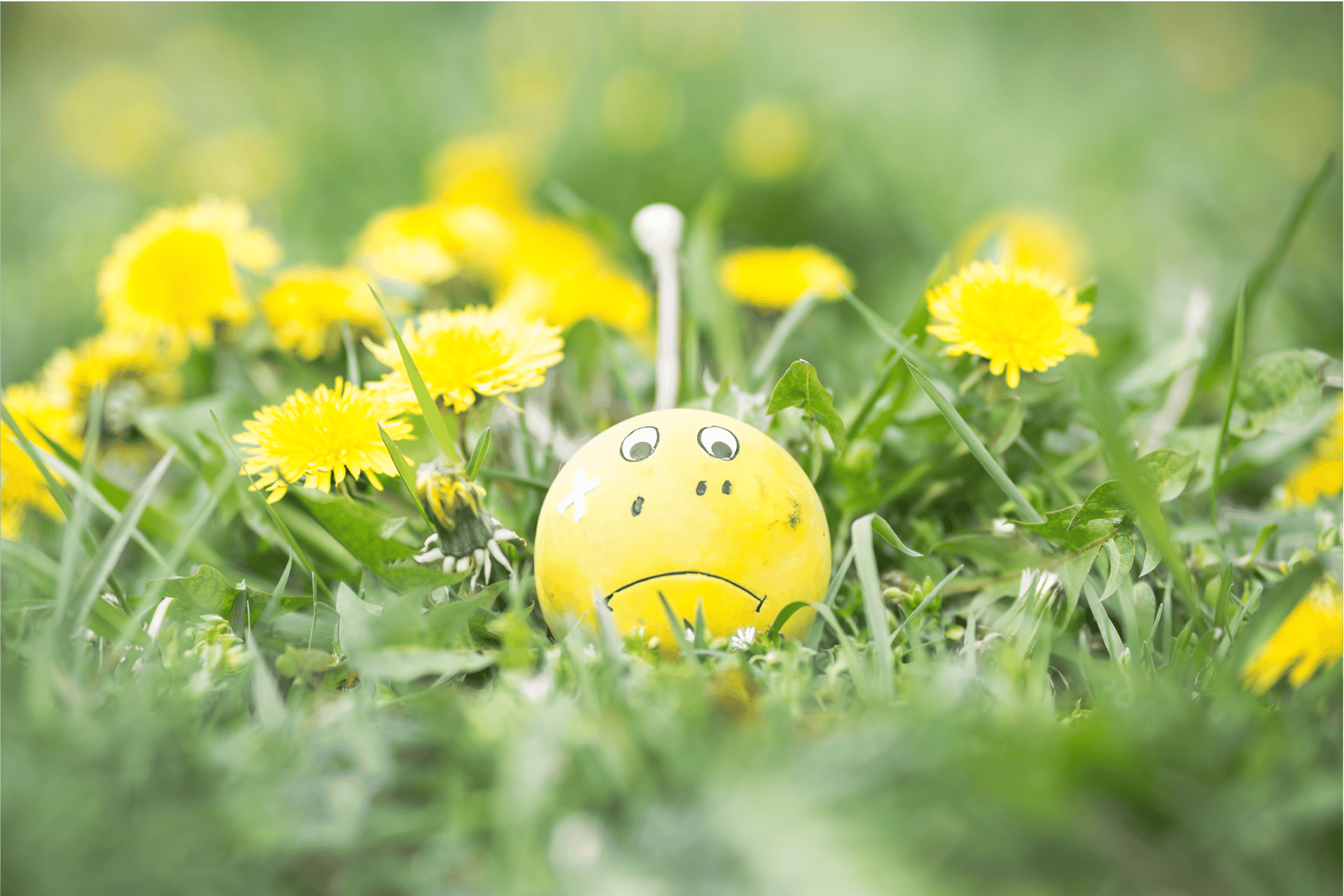Rhinitis: a comprehensive guide to causes, symptoms, and management
Manage rhinitis effectively with the right treatments and lifestyle changes. Learn about allergic and non-allergic rhinitis and their triggers.
4/9/20243 min read


Rhinitis is when the inside of your nose gets irritated and swollen. It's not just annoying; it can mess with your everyday life, especially during seasons when things like tree pollen and grass pollen are floating around in the air. These are known as allergens. An allergen is a normally harmless substance that causes an allergic reaction in some people.
There are two kinds of rhinitis:
Allergic rhinitis: Your body's defence system overreacts to things it shouldn't, like pollen, dust mites, pets, or mould. This can happen when it is grass pollen season, tree pollen season, or simply because you are surrounded by allergens at home or work.
Non-allergic rhinitis: This happens when your nose gets irritated but not from allergies. Instead, things like cigarette smoke, strong smells, pollution, a cold, or certain foods might be the reason. It's not your immune system overdoing it; it's just irritation.
What rhinitis feels like
You might get a runny or stuffy nose, start sneezing, have itchy or watery eyes, feel like you can't breathe through your nose well, have mucus dripping down the back of your throat, get a sore throat, or even start coughing. It can make you feel tired, give you a headache, make your face hurt, and disrupt your sleep.
Pollen from trees, grass, weeds, dust mites, and pet fluff are common triggers.
Allergy relief: allergen avoidance, allergy medicines and other treatments
There are lots of ways to treat rhinitis. The best way to start is by finding out what your triggers are and seeing if you can avoid them. If you have asthma you may find that your rhinitis triggers can also make your asthma symptoms worse, so avoiding then might help your asthma symptoms too.
A simple measure you can try to keep on top of your symptoms is to wash the nose out with salt water, also called saline. A saline spray helps to wash away time pieces of allergens that you breathe into your nose. Washing them away reduces the irritation inside the nose, and prevents inflammation building up. You can buy a spray from most chemists or you can make a batch yourself using this recipe:
Boil 1 pint of water;
Mix in 1 teaspoon of salt,
Mix in one teaspoon of bicarbonate of soda.
Leave to cool, until slightly warm to touch.
Then you can use this mixture to clean the inside of the nose by sniffing some out of the cupped palm of your hand.
You can buy medications like decongestants, anti-histamines and nasal steroid sprays from pharmacies and shops. These help with allergy symptoms such as congestion, sneezing and itchy eyes. Nasal sprays work right where the problem is, and they don't affect your whole body.
Surgery and allergen immunotherapy (AIT) are reserved for the very worst cases in the in the NHS in the UK.
Is it genetic?
Rhinitis isn't just about genetics, but if people in your family have it, there's a chance you could get it too. Environmental factors, such as what you're exposed to, like allergens and irritants, also play a big part.
Other types of rhinitis
Besides the allergic and non-allergic types, you can get rhinitis from infections like the flu, or because of hormonal changes, such as during pregnancy. Some medications can also cause it so it is important to mention which medications you are taking if you consult a doctor for your symptoms. Some people find that spicy foods trigger their symptoms, especially the runny nose.
What if you don't treat it?
Ignoring rhinitis can lead to more serious problems such as long-term sinus problems, ear infections, sleep problems and even asthma because the inflammation can spread. It can also lead to growths in your nose that block your breathing, headaches and facial pain.
Keeping rhinitis under control
Along with treatment, keep your place clean to cut down on allergens, stay away from smoke, skip strong smells, wash your hands a lot, eat healthily, and get enough rest and exercise.
FAQs about rhinitis
What is it? It's swelling and irritation in your nose, leading to symptoms like sneezing and a stuffy nose.
What causes it? Allergic rhinitis comes from an overreaction to allergens. Non-allergic can be from irritants or changes in your body.
Is it treatable? Absolutely, with allergy relief, meds, allergy sprays, and lifestyle changes.
Is it catching? Nope, it's all about your body's response to your environment.
If you have moderate to severe rhinitis symptoms, you may benefit from Airyn's revolutionary new approach to tackling nasal allergies. Join our waiting list today to be the first to know when we launch, and get a 50% discount off your consultation fee.
